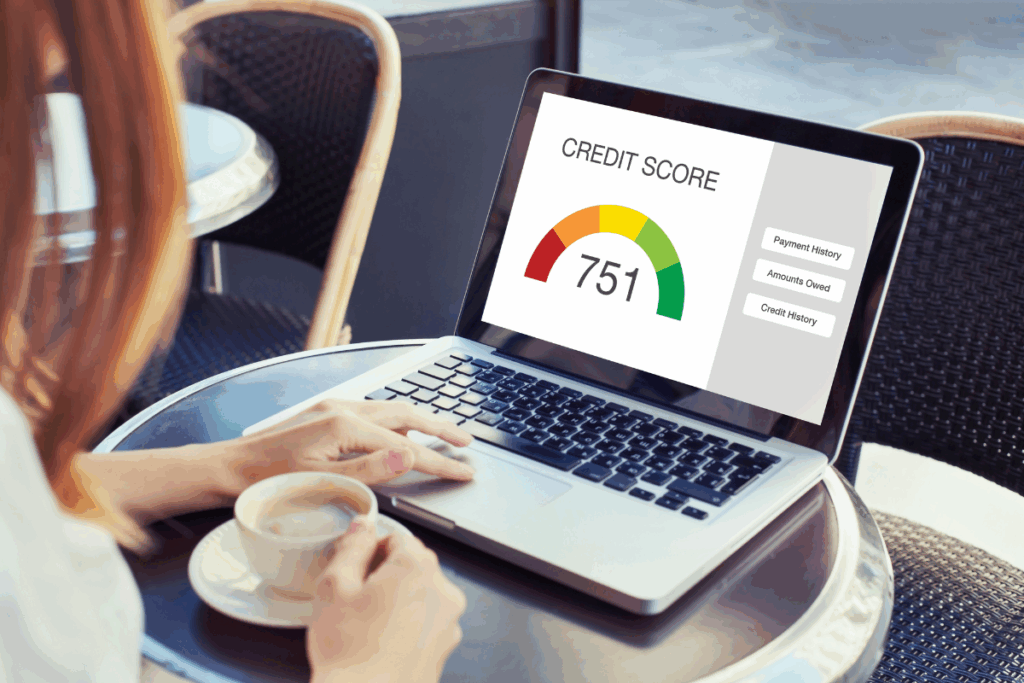For many Singaporeans, personal loans have become a useful tool for managing significant expenses — whether it’s paying for a wedding, funding home renovations, covering medical bills, or simply consolidating debt. While personal loans can provide quick financial relief, they also leave a mark on your credit history, which in turn influences your credit score.
In Singapore, your credit score is not just a number on paper; it determines how banks, licensed moneylenders, and financial institutions view your reliability as a borrower. A strong score opens doors to better loan approvals and lower interest rates, while a poor score can restrict access to credit when you need it most.
So, how exactly does taking a personal loan affect your credit score in Singapore? Let’s break it down step by step.
Understanding Credit Scores in Singapore
Before we look at the impact of a personal loan, it helps to understand how credit scores work here. In Singapore, the Credit Bureau Singapore (CBS) maintains individual credit files and assigns a credit score to each borrower. This score typically ranges between 1000 and 2000, with higher scores indicating lower risk to lenders.
CBS also categorises borrowers into risk grades, from AA (the best) to HH (the worst). Banks and financial institutions use these scores and grades to decide whether to approve your loan application, and on what terms.
Your credit score is influenced by several factors, including:
- Repayment history – whether you pay your bills and loans on time.
- Outstanding balances – how much debt you currently owe.
- Credit utilisation – how much of your available credit you’re using.
- Credit enquiries – how often you apply for loans or credit cards.
- Credit mix – the diversity of your credit (credit cards, mortgages, personal loans, etc.).
With this in mind, let’s explore how a personal loan plays into the equation.
Positive Ways a Personal Loan Can Affect Your Credit Score
While many assume loans only hurt your credit rating, that’s not always the case. Managed wisely, a personal loan can actually boost your creditworthiness in the long run.
1. Builds Credit History
If you’re new to borrowing, your credit file may be thin, making it harder for lenders to assess your risk profile. Taking out a personal loan and repaying it consistently helps establish a track record. This shows banks that you can handle credit responsibly, gradually improving your score.
2. Strengthens Repayment Behaviour
Timely repayment is the single most important factor in maintaining a strong credit score. Each month you repay your instalments on time, CBS records this positive behaviour. Over time, this builds a strong repayment history — which lenders in Singapore look upon very favourably.
3. Diversifies Your Credit Mix
Having different types of credit — say, a credit card, a mortgage, and a personal loan — demonstrates your ability to manage multiple financial commitments. A personal loan adds variety to your credit profile, which can improve your score compared to relying solely on revolving credit like credit cards.
4. Helps with Debt Consolidation
Many Singaporeans use personal loans to consolidate high-interest debt, such as credit card balances. By converting several debts into one structured loan with a fixed repayment schedule, you not only make repayment more manageable but also lower your credit utilisation ratio. This reduction in outstanding revolving credit can have a positive knock-on effect on your credit score.
Risks: How a Personal Loan Can Harm Your Credit Score
On the flip side, mismanaging a personal loan can cause lasting damage to your credit score. Here’s how:
1. Late or Missed Payments
Every missed or late repayment is reported to CBS and can significantly drag down your score. Even one or two missed payments can leave a blemish on your credit history for years, signalling to lenders that you may be unreliable.
2. Over-Borrowing
Taking on too many loans, or borrowing more than you can realistically afford to repay, increases your debt-to-income ratio. In Singapore, banks already limit borrowing through rules like the Total Debt Servicing Ratio (TDSR) and Debt Servicing Ratio (DSR). If your commitments are too high, your score may drop, and you may struggle to secure future credit.
3. Too Many Loan Applications
Every time you apply for a personal loan, a record of the enquiry goes into your credit file. Multiple applications within a short period can make you appear “credit hungry” and lower your score — even if you don’t end up taking the loan.
4. Early Loan Closure Without Strategy
Interestingly, closing a loan too early doesn’t always benefit your credit score. This is because long, consistent repayment history is viewed positively. While there’s no harm in paying off a loan early if it suits your finances, from a credit perspective, you may miss out on the opportunity to showcase repayment discipline over time.
Real-Life Scenarios in Singapore
To put things into perspective, here are some common situations where Singaporeans might take a personal loan, and how it affects credit scores:
- Wedding Expenses:
A couple takes out a $30,000 personal loan to fund their wedding banquet. They ensure repayments are made diligently each month. Over time, their credit score benefits from this strong repayment record. - Medical Bills:
A family facing unexpected medical expenses uses a personal loan to avoid draining their savings. However, if they overstretch and struggle with repayments, their credit score may take a significant hit. - Home Renovations:
A new homeowner borrows $50,000 for renovations. Because the loan diversifies their credit profile and they repay on time, their credit score gradually improves. - Debt Consolidation:
An individual juggling multiple credit cards consolidates them into a single personal loan with a lower interest rate. By reducing their credit utilisation and sticking to a repayment schedule, their score improves over time.
Practical Tips to Protect Your Credit Score While Using Personal Loans
If you’re considering or already managing a personal loan, here are practical ways to safeguard your credit standing in Singapore:
- Borrow Only What You Need
Avoid over-borrowing. Stick to an amount that meets your purpose and comfortably fits within your repayment capacity. - Make Repayments On Time
Set up GIRO deductions or reminders to avoid missing deadlines. Even one late payment can harm your score. - Limit Loan Applications
Don’t apply for multiple loans at once. Instead, compare options beforehand and only submit an application when you’re confident about eligibility. - Maintain a Healthy Credit Mix
Try not to rely solely on personal loans. A balance of credit types reflects better financial management. - Keep an Eye on Your Debt-to-Income Ratio
Banks and lenders in Singapore scrutinise this closely. Keep your overall borrowing within a safe limit to avoid score penalties and rejected applications. - Plan Ahead for Repayment
Before taking a loan, budget for the monthly instalments alongside other expenses. This prevents repayment stress down the road.
How to Check and Monitor Your Credit Score in Singapore
Monitoring your credit score is crucial if you want to stay financially healthy. In Singapore, you can obtain your credit report from the Credit Bureau Singapore (CBS) for a small fee. Occasionally, you may be entitled to a free report — for example, when you apply for a new credit facility.
A credit report will show your score, risk grade, and detailed history of your credit facilities and repayment records. Reviewing it regularly helps you spot errors, track improvements, and make informed borrowing decisions.
Some banks also offer free access to your credit score through their digital apps, giving you another convenient way to stay informed.
Final Thoughts

A personal loan can either strengthen or weaken your credit score in Singapore — it all depends on how you manage it. If you treat a loan as a structured financial tool, repay it responsibly, and borrow within your means, it can actually improve your credit profile over time.
On the other hand, careless borrowing, missed payments, and multiple applications can drag your score down and limit your future financial opportunities.
The key is balance. Understand how credit scoring works, borrow wisely, and make repayment discipline a habit. That way, your personal loan won’t just serve your immediate needs, but also set you up for stronger financial credibility in the long run.







